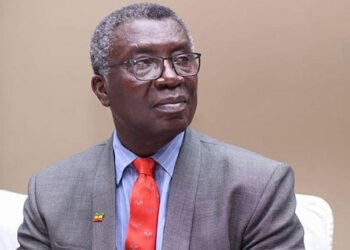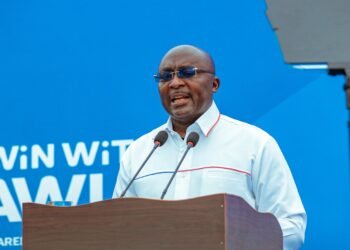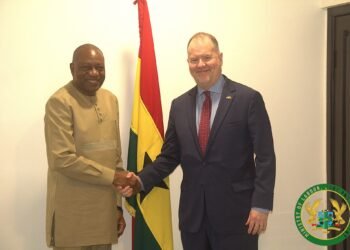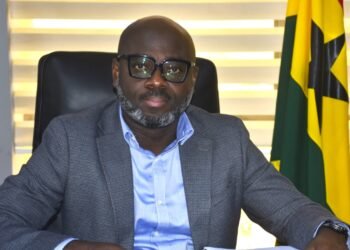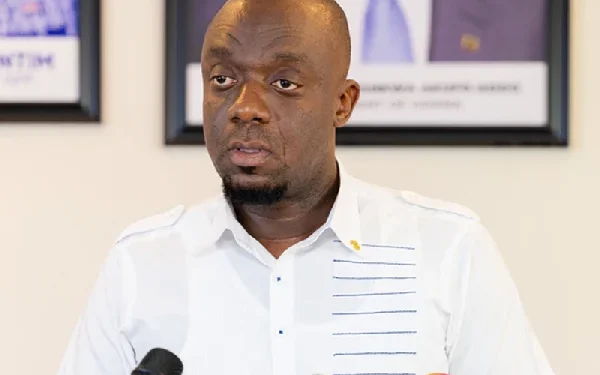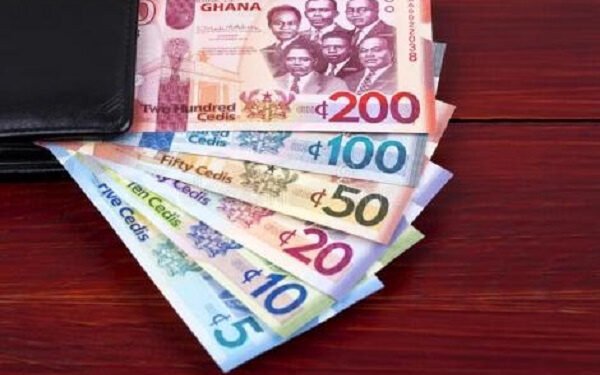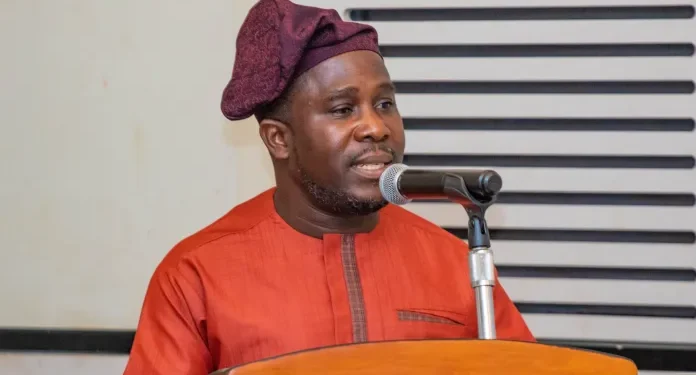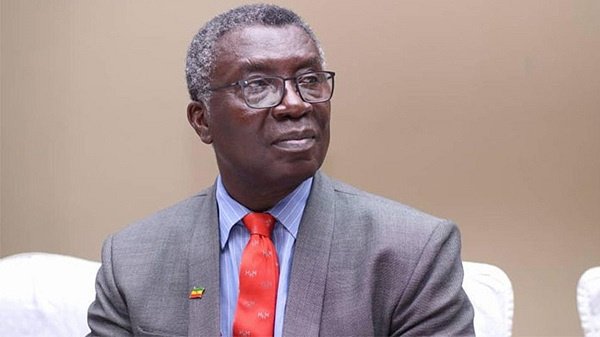The recent Inter-Party Advisory Committee (IPAC) meeting seemed to have resolved the impasse between the Electoral Commission (EC) and the main opposition National Democratic Congress (NDC). Also in attendance, were the governing New Patriotic Party (NPP), relevant stakeholders, and several other minor parties.
Most importantly, this crucial meeting resulted in the acceptance of the EC’s election calendar, timeline, and various modalities related to the conduct of the December 2024 polls. The importance of this meeting and its outcome cannot be overstated.
However, it remains to be seen if that resolves the deep mistrust between the EC on the one hand, and the NDC on the other hand.
Bumpy Road Ahead
From the onset, the Electoral Commission and its chairperson, Madam Jean Mensah were not in the good books of the National Democratic Party. Her appointment was vehemently opposed by the party as it felt that the president’s dismissal of the previous chair, Madam Charlotte Osei was not only unprecedented but was part of a plan to rig the 2020 election.
Furthermore, upon assuming office, most if not all her decisions, did not sit well with the opposition party. The dispute over the 2020 presidential election results eroded trust and widened their discord. The trust deficit and lack of confidence lasted until now.
Despite a Supreme Court verdict that validated the EC’s conduct during the election, thus legitimizing President Nana Addo’s victory, the NDC and its leadership have neither conceded defeat nor called the President and his party to congratulate them. They insist that the election was rigged against them.
Having resolved their difference, from now on, the EC must regain the trust of some Ghanaians whose disposition does not consider the Jean Mensah’s Electoral Commission’s past actions to be fair and unbiased. Meanwhile, NDC on its part, must convince its teeming rank and file to have trust in the commission henceforth.
After contributing to the reservation some Ghanaians have about the EC through its criticisms and accusations, can the NDC, help restore the institution’s bruised image?
Moreover, the party successfully sowed and nurtured doubts about persons like Jean Mensah and her deputy, Dr. Bossman, among its members as well as ardent supporters, it probably, has a herculean task in convincing them that, these personalities are at least reliable, if not trustworthy.
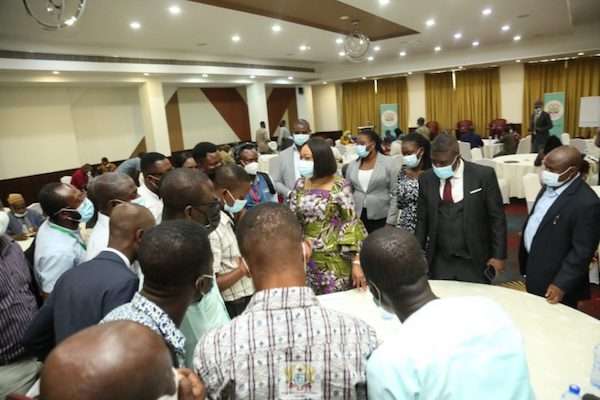
The Agreements
Although not every discussion detail was made public, a few important steps agreed upon at the recent Inter-Party Advisory Committee (IPAC) were made known. The EC agreed to maintain the guarantor system for the registration of new voters. Previously, it had been argued that the process is flawed and facilitates the inclusion of minors and foreigners into the register.
Additionally, the Commission shelved the idea of abolishing the use of indelible ink during voting in the December 2024 polls. It had early on mooted that idea and received a rebuke from the NDC and some stakeholders; civil society included.
Also worthy of note, is the fact that it was agreed that, no new polling stations would be created, but after the limited voter registration, existing ones with over 769 registrants, the Commission can split such polling centers to generate new ones.
In addition, the election date remains unchanged. Ghanaians will cast their ballot on December 7 as they have always done in the Fourth Republic since 1992. This was agreed upon despite calls for a review of the date from some vocal and influential quarters.
With the resolution of some of these pertinent issues related to the December polls, has the EC finally gotten it right? If so, why did it take the Commission this long to get things right?
If otherwise, what measures does it require to get things right before the country goes to the polls?
At both national and regional levels, the stakes cannot be higher. Many people watch aghast as the subregion slides gradually into dictatorship and coups. The third term has become very attractive to some regional leaders and “Constitutional Coups” are taking root all over.
As a country known for its resilience and democratic credentials, Ghana cannot afford to get it wrong.
Read More: Fear Grips Okanta as Residents Confront Armed Men





